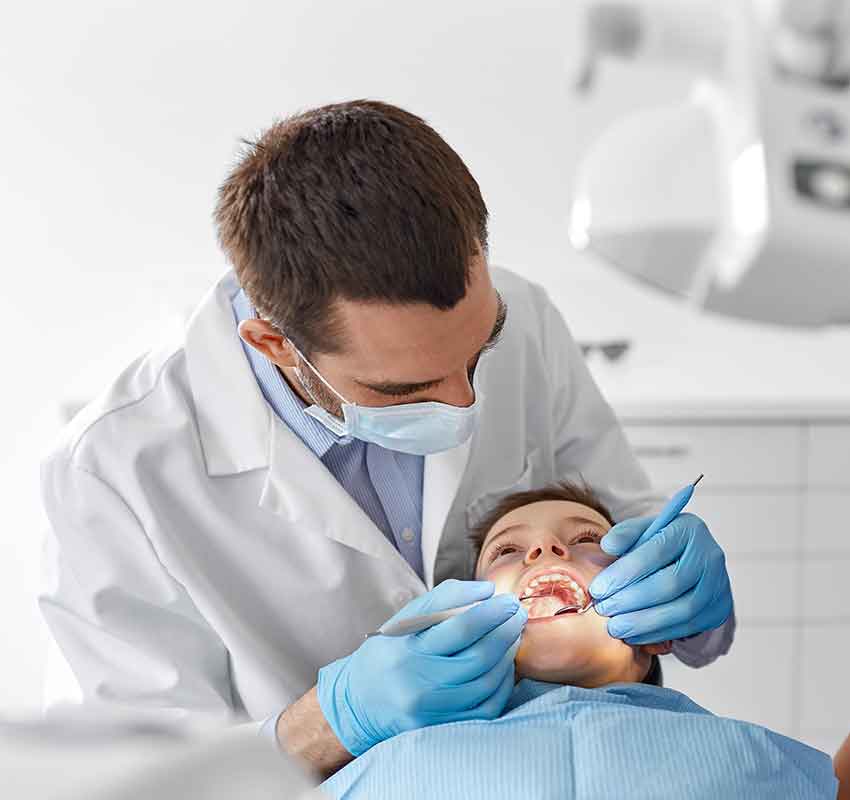AI (Artificial Intelligence) uses computer algorithms to simulate human intelligence, and in the healthcare sector, has the ability to enhance decision-making and enable complex diagnostic predictions. This burgeoning field of technology has captured the attention of scientists worldwide and has broad implications across various industries, with dentistry being no exception. From a productivity and administrative perspective, AI is being used to automate tasks like booking appointments and processing patient records and insurance claims. Clinically, AI is gaining traction in various ways as a tool to help detect and diagnose dental diseases and oral cancer. AI-powered systems can also help create personalized treatment plans for patients based on the data collected from their medical history. Continue reading to learn more about the top three uses of AI in dentistry, and it’s implications on the future of our industry.
- Improved diagnostic accuracy and precision: AI-based systems can be used diagnostically to detect cavities and gum disease, analyze X-rays for abnormalities, and provide a more accurate diagnosis to patients. AI has also been employed to study the anatomy of the root canal system, forecast the viability of dental pulp stem cells, measure working lengths, detect root fractures and periapical lesions, and predict the success of retreatment procedures. Through predictive analytics, AI can also help to reduce human error and provide more accurate diagnoses and treatment plans.
- Highly personalized treatments: AI can be used to analyze medical records and images and create 3D models of patients’ teeth. AI also assists in monitoring patient progress and detects any changes in the treatment plan that need to be made. It can even be used to identify potential risks and provide recommendations for early detection and intervention if needed.
- Increased efficiency and productivity: One of the easiest ways to integrate AI technology into your practice is through administrative task automation. AI can be used to automate tasks and reduce the amount of time dentists must spend on paperwork, increasing the amount of time they can spend with patients. By streamlining scheduling and recordkeeping, the entire practice can run more smoothly and efficiently.
While the potential of AI in dentistry is undeniable, there are still challenges to overcome in order to reap the full benefits. Because dental AI technology is only in its infancy, costs associated with incorporating it can be high. It also may be difficult to find qualified personal to operate the technology or require extensive training time. Significant investments in terms of both time and money may be difficult for smaller practices. Additionally, AI systems require frequent updates and maintenance, which is often difficult to do in a dental setting. As technologies improve, AI systems may become more robust and accurate, but these challenges will need to be addressed before AI can be widely implemented in dentistry.
At Operation Dental, we look to the future of AI-enhanced dentistry with excitement and interest, and are committed to staying on the cutting-edge of our field.


